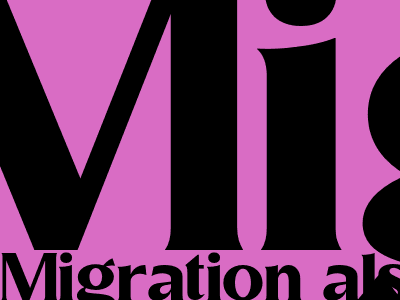
Migration as a Weapon
The instrumentalization of migration for political and strategic purposes
A global trend with multifaceted consequences
In recent years, migration has emerged as a potent instrument in the hands of states seeking to achieve political and strategic objectives. This instrumentalization of migration, often referred to as "migration as a weapon," has become a global trend with far-reaching consequences.
Motivated by a range of factors, including geopolitical competition, economic interests, and domestic political considerations, states have increasingly resorted to using migration as a tool to exert pressure on their adversaries, manage internal dissent, or pursue broader strategic goals.
The instrumentalization of migration takes various forms, including the deliberate creation of refugee crises, the weaponization of asylum systems, and the use of economic incentives or disincentives to influence migration flows.
The human cost of instrumentalized migration
The consequences of migration as a weapon are often severe and far-reaching, particularly for the migrants themselves. Such actions can lead to the displacement of populations, the erosion of human rights, and the creation of conditions that foster instability and conflict.
When migration is used as a political tool, the fundamental rights of migrants are often disregarded. They may be subjected to arbitrary detention, denied access to basic services, or even used as pawns in political games.
Moreover, the instrumentalization of migration can undermine the integrity of asylum systems and erode international cooperation on migration management.
Addressing the challenge of migration as a weapon
Addressing the challenge of migration as a weapon requires a multifaceted approach that involves both national and international efforts.
At the national level, states must adopt policies that prioritize the human rights of migrants and uphold the integrity of asylum systems.
On the international stage, cooperation and dialogue are essential to prevent the weaponization of migration and develop humane and sustainable solutions to global migration challenges.
By working together, states can mitigate the negative consequences of migration as a weapon and promote a more just and equitable global migration system.